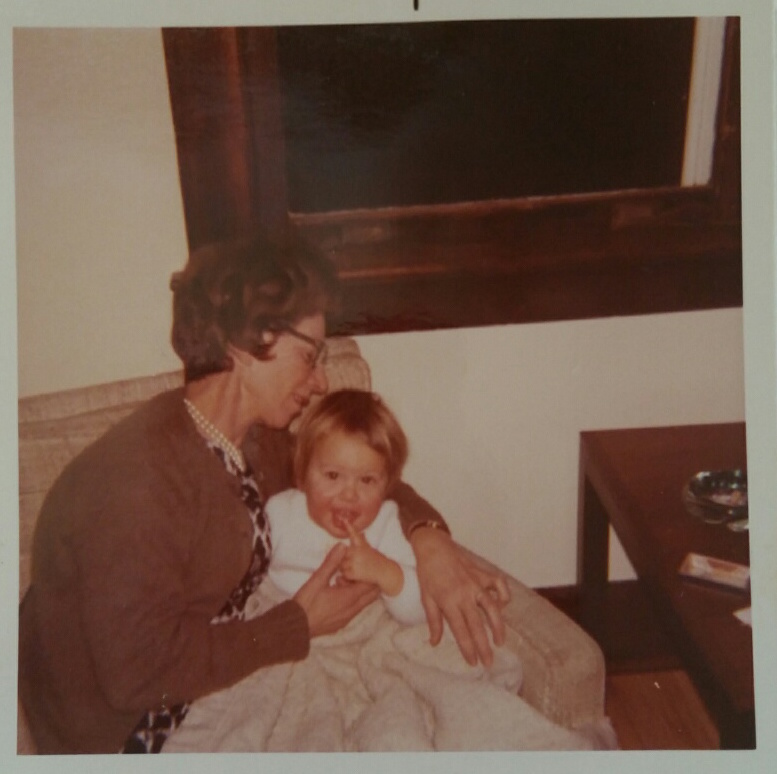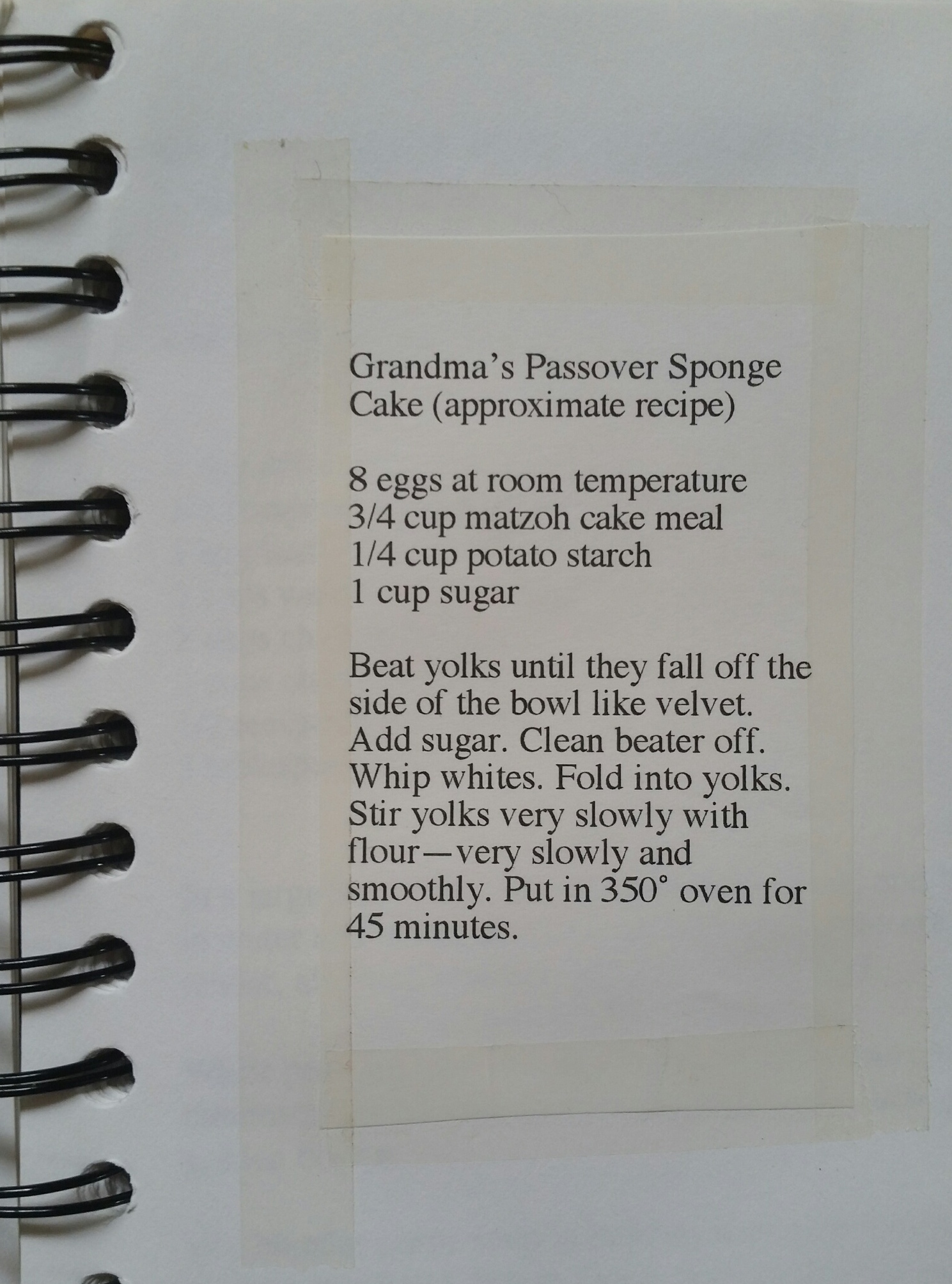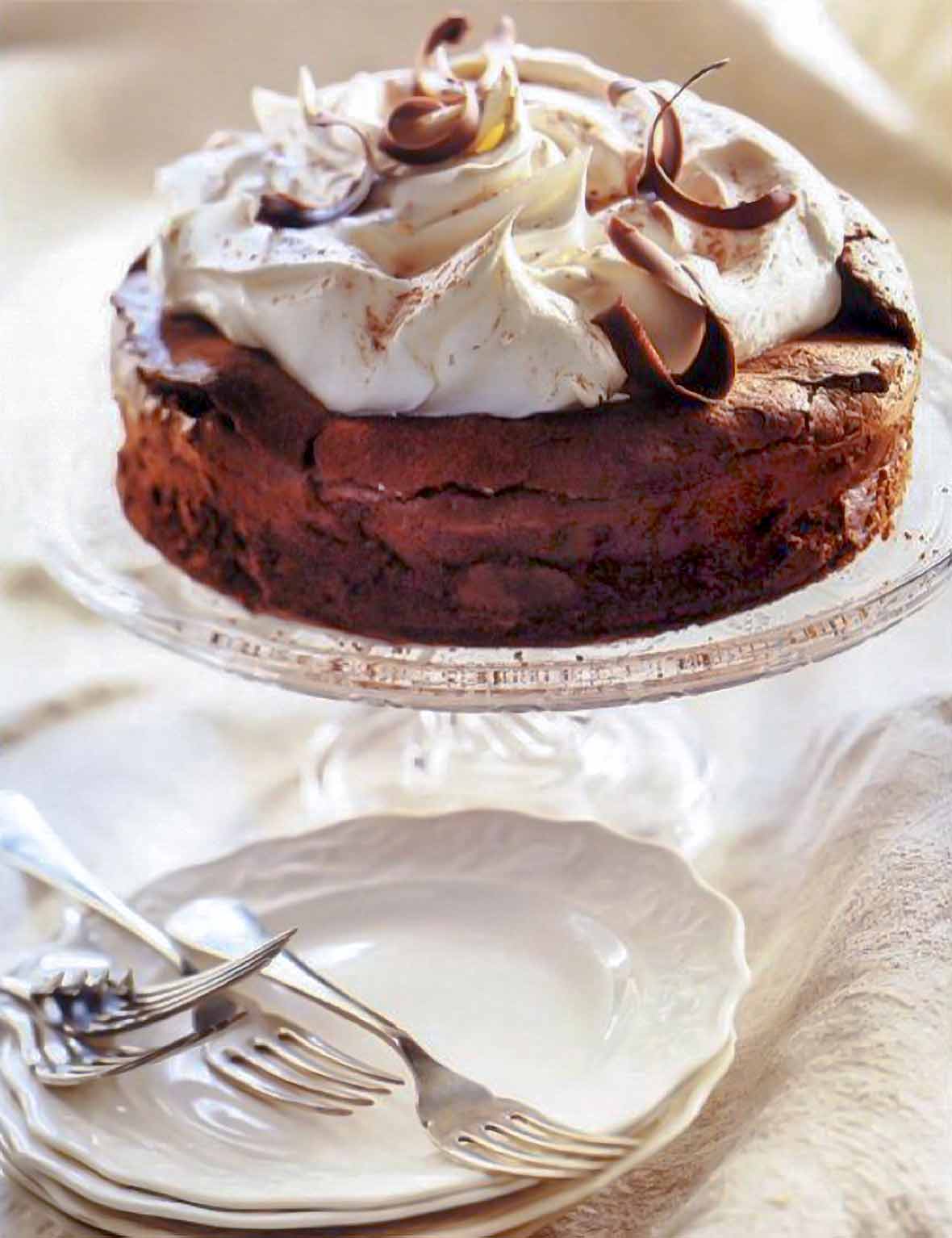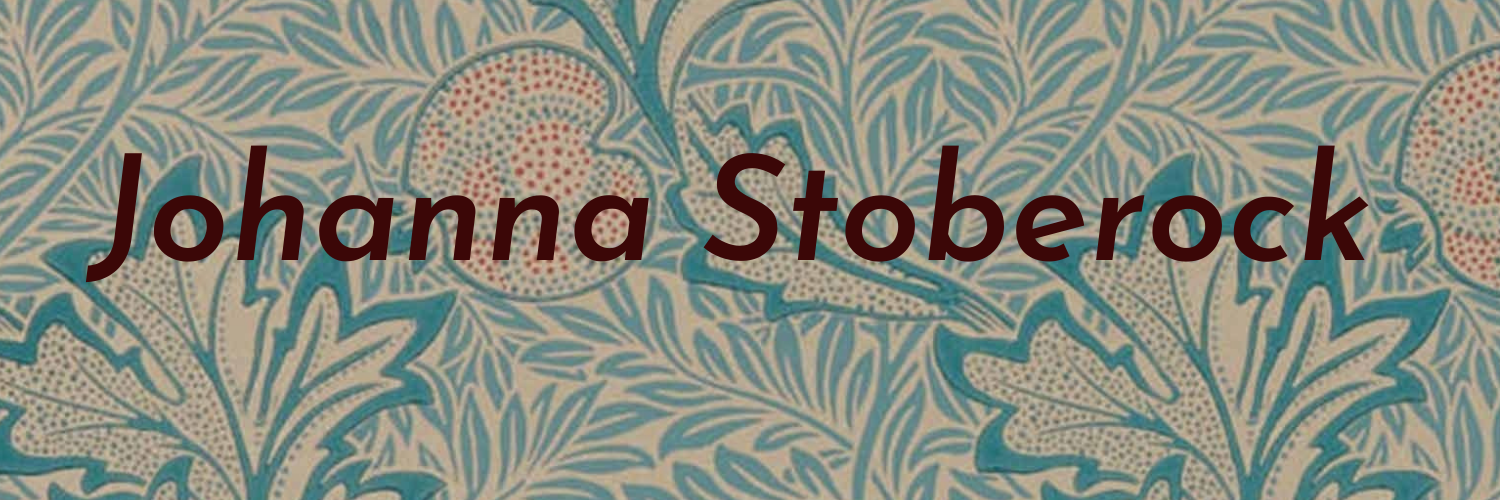A Cake for Passover
My job: make the matzo ball soup and make the desert.
I can’t remember where I found the recipe for matzo balls. What I do know is that I didn’t understand that matzo balls expand when they cook. Mine turned out to be the size of baseballs and rock hard. Enough said.
I do, though, remember where I found the recipe for Passover sponge cake. I got it from my grandmother, who was sick, and who would die before the end of the year.

My grandmother’s food was always perfect. Every family holiday, she would make pot roast and green beans and roasted potatoes that looked different than any roasted potato I’ve ever been able to make. Dessert was either German Sweet Chocolate cake frosted with mocha whipped cream or what we called strawberry shortcake—sponge cake layered with strawberries and whipped cream and then frosted with more whipped cream and decorated with more strawberries. My sister and I would drink ginger ale and eat carrots and stick canned black olives on our fingers before dinner. Whenever we slept over at their apartment after a holiday, we’d join our grandfather in sneaking a slice of cake for breakfast. I didn’t even realize at the time how good my grandmother’s food was: it was just normal, the perfection of her meals.
When I called her from Seattle to ask for the sponge cake recipe, my grandfather did the translating. My grandmother’s pain medication made her a little loopy. Her energy was very low. I still have it, pasted onto a page in a little spiral bound notebook, under the title, “Grandma’s Passover Sponge Cake (approximate recipe).”

Even as I made it, I could see that something had gone horribly wrong. Maybe a miscommunication had occurred during the recipe’s transmission. Maybe I hadn’t beaten the whites hard enough. Or maybe I’d beaten them too hard. The cake was flat and solid and nothing like the cake I remembered eating. I sliced it into very thin, messy layers and spread it with whipped cream and decorated it with strawberries, but it felt like I’d failed, even before I left my house.
My grandfather laughed when I gave him my report. My friends at the Seder ate the soup around the matzo balls and graciously promised that the cake was fine. But I feel like I’ve been trying to make up for that disastrous cake ever since.
Which brings me to my recommendation:
A cake for Passover that is perfection and that can’t be messed up:
Richard Sax’s Chocolate Cloud Cake.

It’s flourless. Like my grandmother’s recipe, it has exactly four ingredients. Unlike my grandmother’s recipe, it’s so simple that my daughter made it easily for her teacher, who keeps to a gluten free diet, on teacher-appreciation day. Despite its simplicity, it looks very fancy. It’s rich, but also light. Even when, occasionally, it doesn’t turn out exactly the way you expect it to, it still tastes delicious.
It’s pretty famous, too.
Nigella Lawson calls it “richly and rewardingly sustaining”
Leite’s Culinaria calls it “a wickedly elegant dessert that’s deceptively easy to make”
Genius Recipes describes it as “a poufy soufflé of a cake that intentionally caves in the center, leaving a craggy, wafer-like rim behind and a moussey hollow that you fill up with cold whipped cream”
Richard Sax, who invented this cake, was the author of numerous cookbooks (most famously, Classic Home Deserts, where this recipe was first published). He was the test kitchen director for Food and Wine, and wrote a column for Bon Appetit. He died of lung cancer at just 46. In his obituary, the New York Times notes that, “in a world where techniques and tricks of the cooking trade are often treated like state secrets, Mr. Sax was also known for his generosity and willingness to share his skills and knowledge. And his down-to-earth style often served to make his subject even more accessible to minimally trained amateurs.” He died in 1995, about a year and a half before my grandfather translated my grandmother's recipe to me.
It's not my grandmother's cake--that one will live in my dreams. We lost her recipe box after she died. But this one, this one might be the one my own grandchildren talk about some day a long, long time from now.
Consider making this cake for Passover, or for a friend, or for yourself. If you try it, let me know on my Facebook page what you think.


